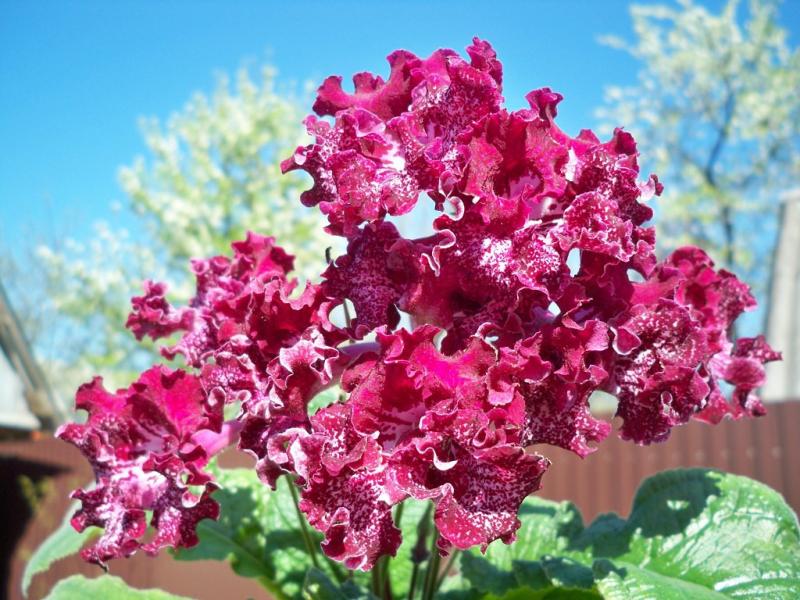The onset of winter is a difficult time for indoor plants. The batteries are switched on, the air becomes dry. And if your flower is on the windowsill, then it experiences double stress - from below it is heated by a heating radiator, and from above it is poured with cold air from an open window. To help the plants survive this time, it is necessary to properly care for them, especially when it comes to watering.

Determine humidity
In winter, the need for watering is reduced, because flowers do not grow as intensely as in the warm season. You need to spill the soil in the pot completely, but less often. In order to determine whether a flower needs watering, dip your finger into the topsoil 2-3 cm. It should not be wet or too dry. If the soil is wet, there is no need to water the plant.
Wipe the leaves
Due to the drop in humidity in the room, the leaves of the plants dry out. To avoid this, wipe the leaves with a clean, damp cloth once a week. This will help prevent dust accumulation and moisturize the surface.
A few more options to increase humidity:
- put the pot in the bathroom for a couple of days;
- hang wet towels on the battery;
- spray the plants regularly;
- put a container of water next to the flowers;
- purchase a humidifier.
The evaporated moisture will be absorbed by the leaves and the plants will feel much better.
Watering time
In winter, the watering time of the plants changes. If in summer it is best to do this in the evening, then in winter it is in the morning. During the day, moisture will gradually be absorbed into the soil, because there is no bright sunlight at this time. The advantage of watering in the morning in winter is that the substrate will not cool down at night.
Water temperature
Some flowers are very sensitive to water temperature, and a very cold or, conversely, too warm shower will be real stress for them.
In winter, the water must first be defended, and then heated to +17 ° C, and only then water the plants. It is necessary to settle the water within 1-2 days. Such a liquid is freed from harmful impurities of chlorine and calcium carbonate.
There are several reasons for watering with warm, settled water:
- cold water is poorly absorbed by the root system;
- roots can rot;
- harmful impurities poison plants;
- the tap water is too hard.
In winter, plants are watered much less frequently, 1-2 times a week, and not as abundantly as in summer.
By following the simple rules for watering indoor plants, you can admire healthy plants on your windowsill even in winter.


